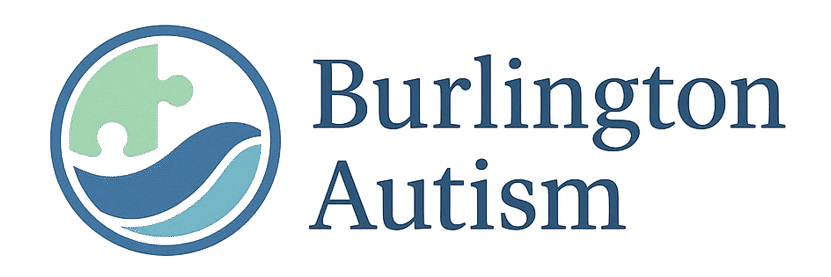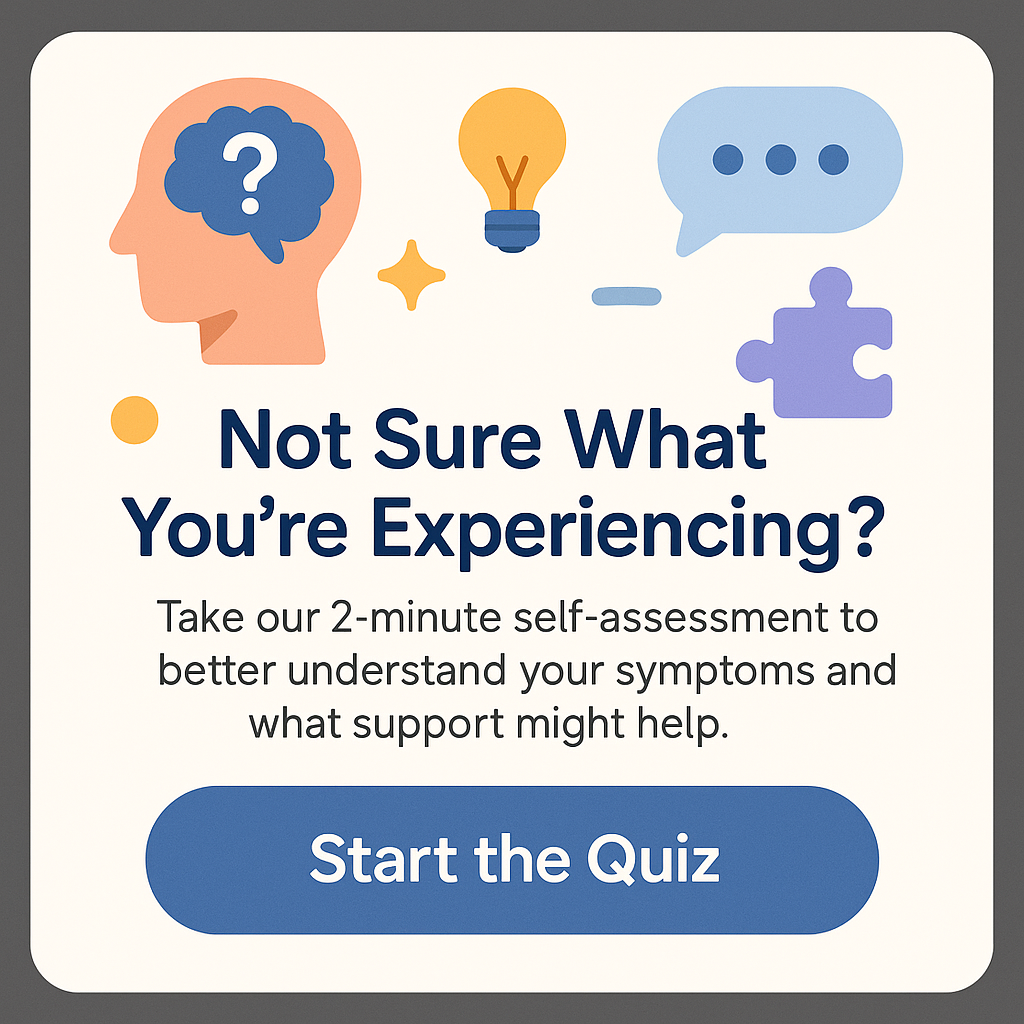How to Get Autism Diagnosis Ontario Adults – A Comprehensive Guide
If you’re an adult in Ontario looking for answers regarding autism, it’s essential to understand how to get an autism diagnosis. Navigating the mental health system can seem daunting, but knowing the steps involved can make the process smoother. In this article, we’ll break down everything from initial concerns to post-diagnosis support. Whether you suspect you might be on the autism spectrum or are simply curious about the diagnosis process, read on to discover the key details that matter most.
Understanding Autism and Its Importance for Adults
Autism Spectrum Disorder (ASD) is a neurodevelopmental condition that affects how individuals communicate and interact with the world around them. For adults, an accurate diagnosis can be life-changing, impacting various areas of life, such as relationships, employment, and mental health. However, the journey to a diagnosis often begins with an understanding of personal symptoms and experiences.
The first step in how to get autism diagnosis Ontario adults typically involves self-reflection. What specific behaviors or challenges lead you to believe you might be on the spectrum? Common signs in adults can include difficulties with social interactions, challenges in understanding social cues, a preference for routines, and heightened sensory sensitivities. Taking note of these symptoms can help guide the conversation with healthcare professionals.
Once you’ve acknowledged your potential concerns, seeking help from a qualified medical professional is crucial. In Ontario, adults can approach their family doctor initially, who may provide a referral to a specialist. This specialist could be a psychiatrist, psychologist, or a clinical social worker who has experience diagnosing autism in adults. Making that first appointment can feel intimidating, but remember, taking control of your mental health is a significant step in itself.
During the appointment, you may be questioned about your personal history, how you respond to social situations, and any relevant challenges you’ve faced in your life. This is where having a timeline of your experiences can be beneficial. Being prepared with this information not only helps the professional in understanding your situation but also empowers you in the discussion.
While there is a diagnostic tool called the DSM-5 (Diagnostic and Statistical Manual of Mental Disorders), a diagnosis often relies heavily on the clinician’s insights and your own narrative. That’s one of the aspects that make how to get autism diagnosis Ontario adults challenging—each individual’s experience can vary greatly, and thus, each assessment will differ accordingly.
After the assessment, if a diagnosis is confirmed, you’ll have the opportunity to engage with various support systems tailored for autistic adults. This might include therapy, support groups, or educational resources designed to improve life skills and social functioning. The goal of these resources is to help enhance your quality of life post-diagnosis.
Navigating the Process of Autism Diagnosis
To truly understand how to get autism diagnosis Ontario adults, it’s essential to navigate the healthcare system thoughtfully. Here, we’ll cover key resources available to you, addressing potential financial barriers and emotional support networks.
First and foremost, if you have a family doctor, they can be an invaluable resource. Many Canadians have access to provincial healthcare, covering essential medical appointments, assessments, and referrals. Should your family doctor agree that an assessment is necessary, they will likely refer you to a psychiatrist or psychologist specializing in adult autism assessments. Attending these appointments is crucial in understanding how to get autism diagnosis Ontario adults.
If you face long wait times for assessments, which are quite common, you might consider seeking support through community organizations or private services. While these options may come with additional costs, they can sometimes provide quicker access to assessments. Organizations like the Autism Society Ontario (ASO) offer resources and connections that can help individuals understand what services are available in their area, including workshops and advocacy services.
Other resources include local mental health clinics, universities offering psychological services, and various non-profits that focus on autism advocacy and support. Finding the right resources suited to your needs and circumstances is essential. Don’t hesitate to leverage these organizations as they can guide you through both diagnostic processes and available treatment options.
Financial Considerations for Diagnosis
When exploring how to get autism diagnosis Ontario adults, it’s crucial to consider the financial aspects involved. While many basic health services are covered by provincial health insurance, specialized assessments can often incur costs not fully addressed by public healthcare plans. Some adults may experience considerable out-of-pocket expenses for diagnostic services.
However, those seeking a diagnosis should know there are options available. If you are currently employed, your workplace benefits may cover psychological or psychiatric assessments. It’s worthwhile to review your employee assistance program (EAP) to understand the services available to you. Many companies offer resources to help employees dealing with mental health issues, including a diagnosis of autism.
Additionally, if you do not have employer-based healthcare coverage, or if you are self-employed, there might still be provincial assistance programs or subsidies available to help offset the costs associated with diagnosis and treatment. Always explore these options, as they can be a lifeline during the diagnostic journey.
Support Systems Post-Diagnosis
Upon receiving an autism diagnosis, many adults report feelings of relief and validation. However, embarking on this journey can also lead to a sense of isolation and confusion. Understanding how to get autism diagnosis Ontario adults does not end with receiving the label; having a support system in place is crucial for managing life successfully after the diagnosis.
Support groups provide an incredible resource for adults with autism. They allow individuals to share experiences, exchange coping strategies, and foster a sense of community. Many organizations, including local autism networks and charities, offer these gatherings either online or in person.
Counseling sessions with therapists who specialize in autism can also be instrumental. These professionals can help individuals navigate their feelings, enhance social skills, and improve coping mechanisms. Many of them possess insights into adult autism that are shaped by years of experience and research.
Educational resources are also available. Webinars, online courses, and workshops can help adults with autism better understand their condition, as well as provide practical tools for daily living. These kind of resources serve to empower individuals on the spectrum, enabling them to set and reach personal goals.
Conclusion
The process of how to get autism diagnosis Ontario adults can feel overwhelming at times, but it is a journey worth taking. The identification of autism can bring clarity to your experiences and open doors to a wealth of resources and community support. From initial self-reflection and seeking help to navigating the healthcare landscape and finding post-diagnosis support, understanding this process is essential.
Take the first step by consulting with a healthcare provider or mental health professional familiar with autism diagnosis. Remember, your experiences are valid, and you deserve support. The more informed you are, the more empowered you will feel in managing your life post-diagnosis.
Frequently Asked Questions (FAQs)
1. How long does the autism diagnosis process take in Ontario?
The duration of the autism diagnosis process in Ontario can vary greatly, from several weeks to several months, depending on accessibility of specialists and waiting lists.
2. Is autism diagnosis covered under OHIP?
Many aspects of autism diagnosis services are covered under Ontario Health Insurance Plan (OHIP), including visit to specialists. However, some private assessments may incur additional costs.
3. What age can someone be diagnosed with autism?
Though autism can be diagnosed in childhood, many adults find themselves receiving a diagnosis later in life due to a lack of awareness or understanding of autism in adults.
4. What resources are available for newly diagnosed adults?
Resources available for newly diagnosed adults include support groups, counseling services, educational workshops, and advocacy organizations like Autism Ontario.
5. Can I get diagnosed without a referral in Ontario?
While you can visit a community mental health service without a referral, see a family doctor for an easier pathway to a specialized assessment for autism.
Understanding Autism Funding BC: A Comprehensive Guide
Understanding Therapeutic Dogs for Autism: A Comprehensive Guide







